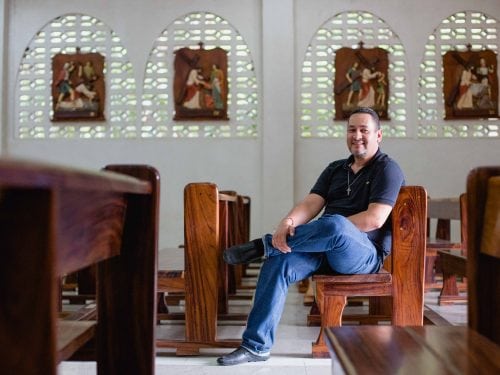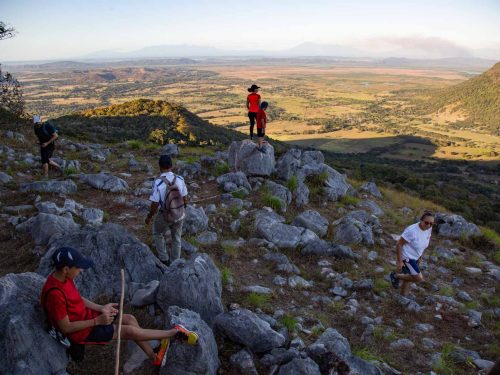
The struggle for human rights is not easy. To talk about this subject is to talk about something that is uncomfortable for some people, but it’s also to fight for the dignity and quality of life for many others.
Building a Costa Rica of rights and opportunities for everyone, without any discrimination, requires an enormous effort at the state level, as well as the rise of strong social movements that rise up in resistance.
Guanacaste is moving forward in recognizing and eliminating discrimination. Declaratory statements of freedom from discrimination are an example of the Municipal Council’s political will to reject discrimination based on sexual orientation and identity and expression of gender. These are understood as examples of the Municipal Councils’ political will to advance human rights in their respective cantons.
Currently in Guanacaste five cantons have been declared as free from discrimination: Nicoya, Liberia, Carrillo, Nandayure and, recently, Santa Cruz. The impetus of these initiatives serves to raise consciousness within municipal authorities about the challenges that lesbian, gay, bisexual, trans, intersex people also non-binary, queer and others (LGBTIQ+) people face. It also serves to create a political environment that is favorable to constructing positive actions that eradicate discrimination of sexual orientation and identity and expression of gender.
In other words, the province cannot stop at the excellent intentions of the mentioned cantons. Guanacaste must become a province in which all of its cantons have declared themselves free from discrimination. This requires commitment and work from the rest of the province’s cantons.
At the Front for Equal Rights, a national union of organizations, collectives, and independent activists who fight for human rights, we have designed a basic anti-discrimination declaratory statement for cantons in order to make it easier for council members to present this initiative to their respective municipal councils. It also helps regular citizens to influence municipal authorities and to promote the approval of anti-discrimination declaratory statements and, later, concrete municipal policies.
Beyond the declarations, which at the end of the day are a statement of political intentions, there must be clear, convincing actions. Municipalities must get training for their staffs to create discrimination-free environments and also receive training so that their employees don’t exhibit discriminatory comments or attitudes towards citizens looking for public services.
There must be sensitivity training and the promotion of human rights for everyone who lives in their respective cantons. A discrimination-free environment is not created by simple intentions; it requires much effort and a continuous process of education in human rights.
On the other hand, the fight for human rights cannot be centralized in the Central Valley, nor can all the initiatives come from there. In the same way that initiatives that promote economic and social development need to understand the specific needs and realities of each region, the struggle for human rights needs a regional, locally inspired movement that, of course, can count on support from national groups like the Front for Equal Rights.
In order to advance human rights in Guanacaste, we also need a homegrown social movement that fights every day for the province’s specific needs and realities – not just a national union of organizations that, because of their particularities, cannot provide the necessary assistance for each canton’s concrete realities.
Why fight? Because every Guanacastecan deserves to live a life free from violence and discrimination. Every gay, lesbian, bisexual, trans, intersex, non-binary, queer and other identity person who live in and loves Guanacaste deserves to know that Guanacaste also loves them.







Comments